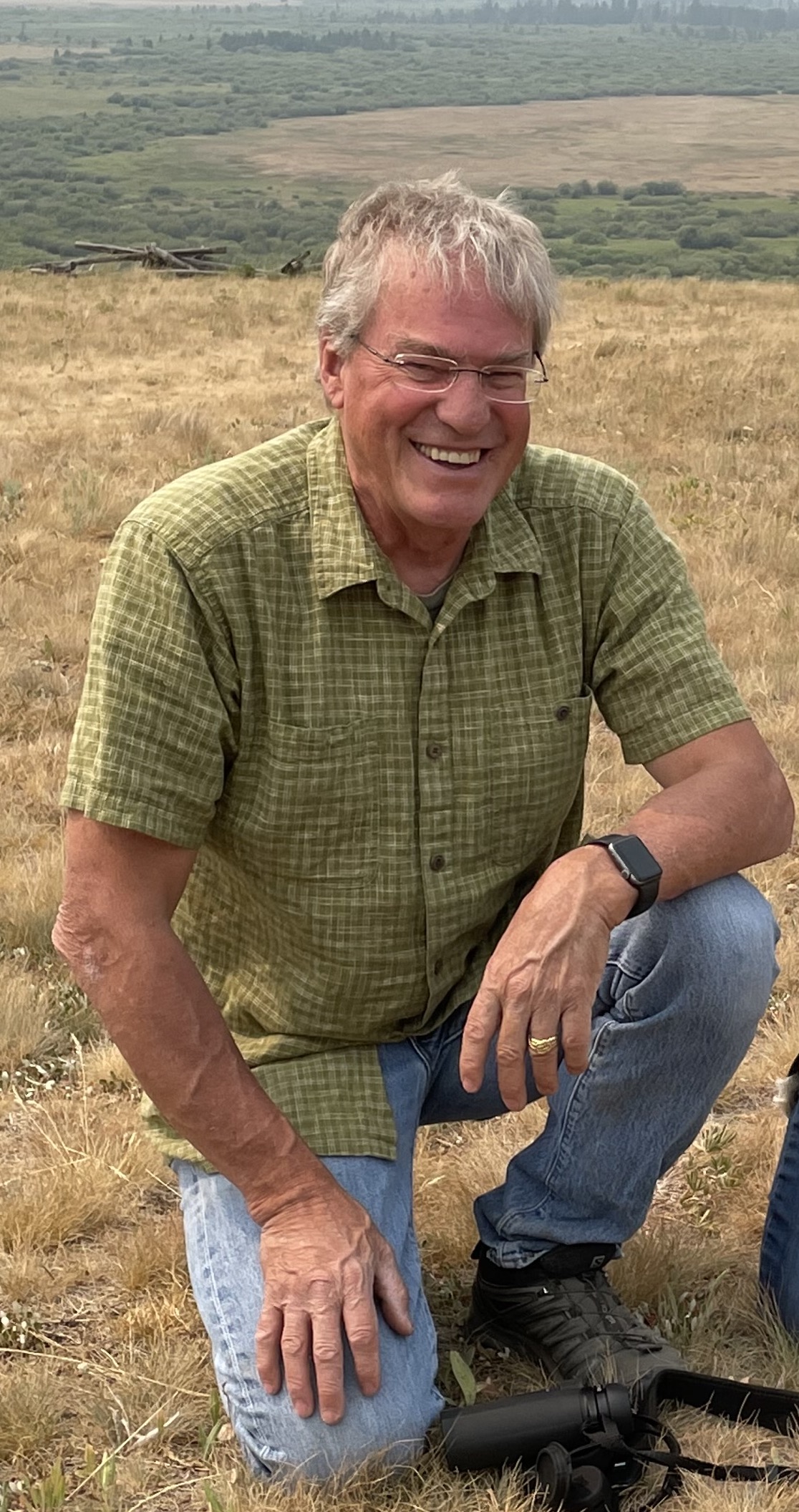12/10/2025
12:00 - 12:45
Human-Centred Conservation Pavilion
, Morning
Por qué asistir
Discover how innovative finance can transform conservation. From payments for outcomes in the Virunga gorilla landscape to wildlife-economy–funded wild sheep translocations in North America, this session highlights practical strategies that protect species, support communities, and turn historical conflicts into cooperation. Learn how economic incentives can drive sustainable, impactful conservation globally.
Descripción de la sesión
The COVID-19 pandemic exposed the fragility of conservation financing, as protected areas dependent on tourism saw revenues collapse, leading to increased poaching and community hardship. This session explores innovative financial solutions for wildlife protection where traditional income streams fall short. The first presentation examines Conservation Performance Payments (CPPs) in the Greater Virunga Landscape, demonstrating how community incentives, transparent management, and integration of indigenous knowledge can protect mountain gorillas, enhance livelihoods, and align with biodiversity credit markets.The second presentation focuses on North America, where domestic and wild sheep groups historically clashed. Shared concerns over respiratory pathogens enabled collaboration funded by $8 million generated through the wildlife economy. These funds supported bighorn sheep translocations, herd augmentations, and research, turning conflict into cooperation.
Together, these case studies show how economic incentives—whether through payments for conservation outcomes or wildlife-based funding—can drive species protection, community engagement, and innovative approaches to long-term conservation challenges across continents.
Organised by
Jamma International ( United Kingdom of Great Britain and Northern Ireland )
Asociaciones
Wild Sheep Foundation ( United States of America )
